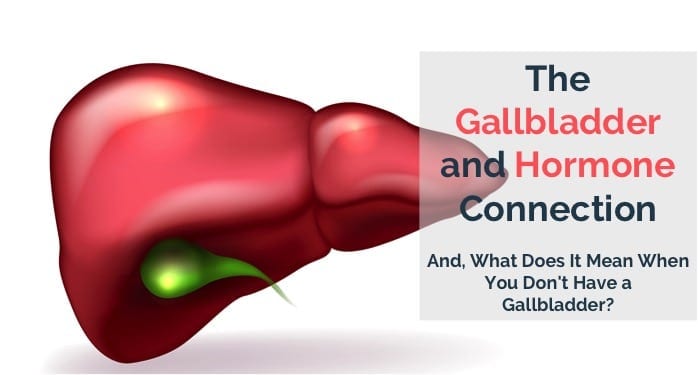Hormone Therapy for Brain and Gallbladder Cancer

Brain Cancer and Hormone Therapy
Brain cancer is a type of cancer that originates in the brain or spreads to the brain from other parts of the body. Hormone therapy is not a primary treatment for brain cancer, but it can be used in conjunction with other treatments such as radiation therapy and chemotherapy.
How Does Hormone Therapy Work for Brain Cancer?
Hormone therapy for brain cancer works by blocking the production of hormones that can stimulate the growth of cancer cells. This can slow down the growth of the tumor and make it easier to treat with other therapies.
Side Effects of Hormone Therapy for Brain Cancer
The side effects of hormone therapy for brain cancer can include hot flashes, fatigue, decreased sex drive, and mood changes. These side effects can be managed with medication and lifestyle changes.
Gallbladder Cancer and Hormone Therapy
Gallbladder cancer is a type of cancer that originates in the gallbladder or spreads to the gallbladder from other parts of the body. Hormone therapy is not a primary treatment for gallbladder cancer, but it can be used in conjunction with other treatments such as surgery and chemotherapy.
How Does Hormone Therapy Work for Gallbladder Cancer?
Hormone therapy for gallbladder cancer works by blocking the production of hormones that can stimulate the growth of cancer cells. This can slow down the growth of the tumor and make it easier to treat with other therapies.
Side Effects of Hormone Therapy for Gallbladder Cancer
The side effects of hormone therapy for gallbladder cancer can include nausea, vomiting, hot flashes, fatigue, decreased sex drive, and mood changes. These side effects can be managed with medication and lifestyle changes.
Benefits and Risks of Hormone Therapy
The benefits of hormone therapy for cancer treatment include a reduction in the size of tumors, a decrease in the spread of cancer, and an improvement in overall survival rates. The risks of hormone therapy include side effects such as hot flashes, fatigue, and mood changes, as well as an increased risk of blood clots, heart disease, and stroke.
FAQ
What types of cancer can be treated with hormone therapy?
Hormone therapy is commonly used to treat breast and prostate cancer, but it can also be used to treat other types of cancer, including brain and gallbladder cancer.
What are the side effects of hormone therapy?
The side effects of hormone therapy can include hot flashes, fatigue, decreased sex drive, and mood changes. These side effects can be managed with medication and lifestyle changes.
Is hormone therapy a primary treatment for cancer?
Hormone therapy is not a primary treatment for cancer, but it can be used in conjunction with other treatments such as radiation therapy and chemotherapy.
What are the benefits and risks of hormone therapy?
The benefits of hormone therapy include a reduction in the size of tumors, a decrease in the spread of cancer, and an improvement in overall survival rates. The risks of hormone therapy include side effects such as hot flashes, fatigue, and mood changes, as well as an increased risk of blood clots, heart disease, and stroke.
